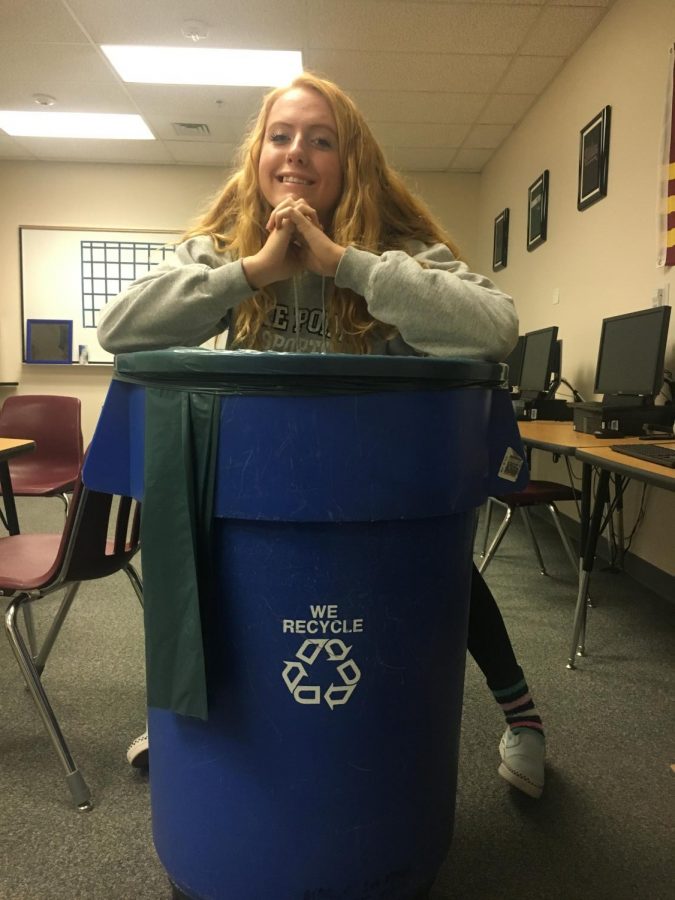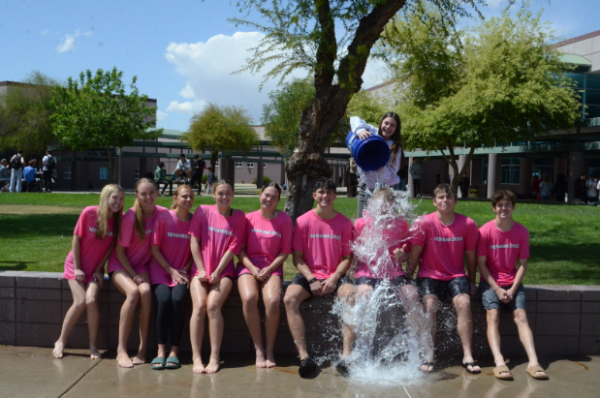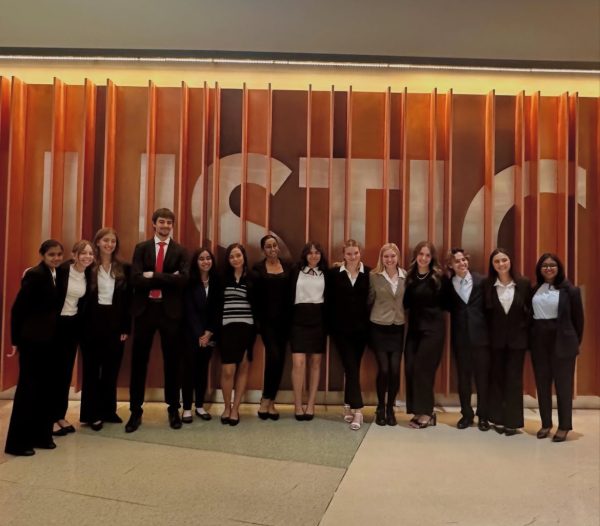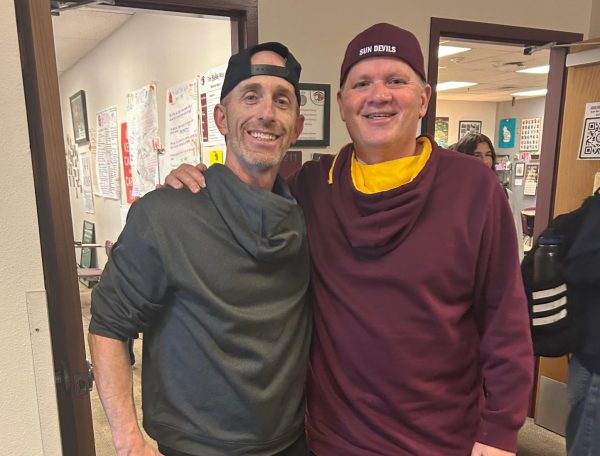Does the School Recycle?
The way that we live our lives has drastically changed over the past decade or so. As new research comes out warning us about climate change and pollution, people have been looking for more sustainable ways to live their lives.
Recycling is undoubtedly one of the oldest and most popular strategies that people have implemented in their lives in an effort to help reduce the amount of plastic in the ocean, trash in the streets, and items that end up in landfills only to take hundreds of years to actually break down. Recycling has been encouraged at Mountain Ridge with a recycling bin in every classroom and security at lunch that reminds us to clean up after ourselves. However, the school’s recycling habits have recently been questioned. Does the school actually recycle?
When I first heard about this, I was shocked. Every time I’ve had something to throw away while at school, I’ve made the decision of whether or not it was recyclable. To think that not only my efforts, but other students’, teachers’, and staff’s efforts of consciously trying to help the earth in whatever way we can would go to waste was disheartening. But, this was all just a rumor that the school didn’t recycle. So, I decided to find out for myself if it were in any way true.
Teachers were the first people that came to mind when I thought of who I would ask about this. They’re easy to talk to, accessible, and always know what’s going on with the school. I decided to ask Mr. Prey, a biology teacher at Ridge, if he knew whether or not the school actually recycled.
“I have heard different things about it, and [I’m] not sure what we are or are not recycling,” Prey stated.
Basically, the teachers didn’t have a yes or no that they could confidently give me. This only shows how big this rumor has spread. Teachers can easily shut things down when they know they’re false. But the fact that even a teacher – really multiple, since I heard that the school didn’t recycle from one – couldn’t confirm whether or not the school was doing what they said they were was concerning. To really find out, I had to ask Constance White, the head of the custodial department.
White was able to answer me when I asked. She confirmed that yes, the school does still recycle. The custodians and STUGO collect the recycle bins from classrooms twice a week, and they dump their contents in three red dumpsters in the maintenance area. The school recycles things like cardboard, paper, metal cans, plastic bottles and jugs, and glass. However, there are some things that we should not toss into the recycling bins: Plastic bags and wrappers, soiled paper, styrofoam, food, electronics, and batteries.
These types of items lead to problems with recycling as they are not always recyclable, and are more expensive for cities to properly recycle. In fact, Surprise has put a complete halt to their curbside recycling program because of the price.
The City of Surprise website states, “Due to soaring operational recycling costs and plunging commodity prices for many recyclables, the city will begin diverting recycle material to the landfill until cost-effective solutions are identified.”
Even though all recyclables will be taken to a normal trash landfill, the city still encourages residents to separate their trash and recyclable waste. They encourage separating materials because they want citizens to keep their normal recycling habits, and to stay conscious of what they use, and where it goes. So, the city is doing exactly what I hoped the school wouldn’t; people’s efforts to recycle are essentially, and literally, going to waste.
This isn’t just an issue for Surprise, let alone for all of Arizona. This is an international issue of recycling being too expensive for cities to keep up. We have to remember that recycling is a business; companies need people to buy their recycled products at a rate where profits will be made. One of the largest consumers of recycled materials was China. However, China stopped buying products made of recycled materials because they claimed they were contaminated with lead, mercury, and other hazardous materials. The largest consumer of the US recycling industry has stopped buying their products, so businesses have had to bump up the prices to continue making a profit.
Some people believe the way to fix this is through a big government type of solution. They believe that recycling should be handled by the federal government, so that it’s less of a private business, and is owned and controlled by more people. Others think the issue needs to be handled at a much smaller level. They believe that if Americans would consume less single-use materials, then less waste would need to be produced. They think that the plastic industry is trying to convince consumers that virtually all plastics are recyclable, which isn’t the case. So, by people buying less plastics, they may be making more of an impact on the environment than the ones who are recycling everything they come across.
At the end of the day, all of this recycling business comes down to what all businesses are up and running for – money. While most wouldn’t find it surprising as it is just an aspect of American capitalism, others may find it concerning that the health of the Earth is being controlled by the greed of a select number of people. The school, as commanded by the district, does recycle whatever they can. Mountain Ridge actively promotes the idea of a clean campus, and it appears that it will most likely continue to recycle for a long time. Thankfully, the rumors about the school only pretending to recycle are fake, and we can all recycle in peace.
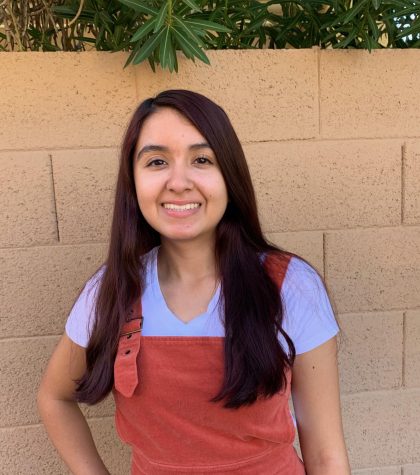
She is a sophomore in her second year of newspaper. She loves dogs and writing. She enjoys newspaper because of the opportunity it gives her to express her opinions and write about the things...


